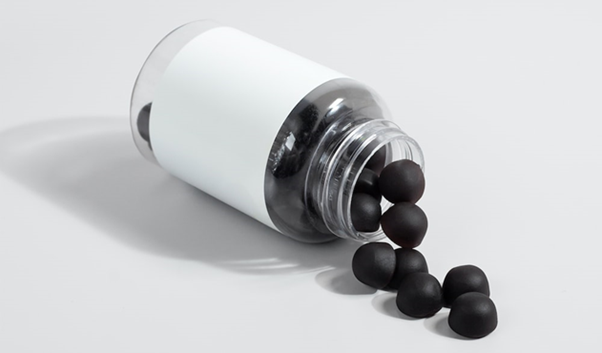Are probiotics safe during pregnancy?

Probiotics are live bacteria and yeasts that can provide a wide range of health benefits. However, for pregnant women, there may be concerns about whether probiotics are safe to take during pregnancy. In this article, we'll take a closer look at the safety of probiotics during pregnancy.
What are probiotics?
Probiotics are live microorganisms that can benefit the body by improving gut health, immune function, and overall health. Probiotics can be found in certain foods, such as yogurt, kefir, and sauerkraut, as well as in supplement form.
Are probiotics safe during pregnancy?

The safety of probiotics during pregnancy has not been extensively studied. However, there is some evidence to suggest that probiotics may be safe to take during pregnancy.
A review of studies published in the journal Nutrients found that probiotics can be beneficial for pregnant women, improving maternal gut health and reducing the risk of certain conditions, such as gestational diabetes and pre-eclampsia. The review also found that probiotics were generally safe to take during pregnancy, with no adverse effects reported.
Additionally, the American Pregnancy Association states that probiotics are generally considered safe for pregnant women, with no known harmful effects.
It's important to note that not all probiotics are created equal, and some may be safer than others. Pregnant women should talk to their healthcare provider before starting any new supplement regimen, including probiotics. Your healthcare provider can help you choose a high-quality probiotic supplement that is safe for you and your baby.
What are the benefits of probiotics during pregnancy?
Probiotics can provide a wide range of benefits for pregnant women, including:
- Improved Gut Health: Probiotics can help to improve gut health by restoring the natural balance of bacteria in the gut. This can help to alleviate digestive issues such as constipation, diarrhea, and bloating.
- Reduced Risk of Infections: Probiotics can help to boost immune function, which can reduce the risk of infections during pregnancy.
- Reduced Risk of Gestational Diabetes: Probiotics may help to reduce the risk of gestational diabetes by improving insulin sensitivity.
- Reduced Risk of Pre-eclampsia: Probiotics may also help to reduce the risk of pre-eclampsia, a serious pregnancy complication characterized by high blood pressure and damage to organs.

In conclusion, probiotics may be safe to take during pregnancy and can provide a wide range of benefits for pregnant women. Pregnant women should talk to their healthcare provider before starting any new supplement regimen, including probiotics, to ensure that the supplement is safe for them and their baby. Therefore, it's crucial to purchase high-quality probiotics from reputable sources only. This is the brand we recommend Vita Miracle.
Frequently Asked Questions.
ANS. Yes, you can drink yogurt with probiotics while pregnant. Probiotics are beneficial bacteria that promote gut health and aid digestion. Consuming probiotic-rich yogurt during pregnancy is safe and may even boost your immune system and help prevent certain complications. However, always opt for pasteurized yogurt to avoid harmful bacteria.



